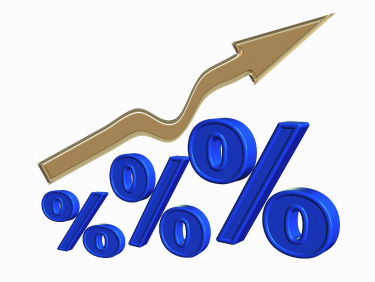-
In its recent report, HC Securities & Investment believes that the MPC will likely cut policy rates by 100 bps at its upcoming meeting on Thursday 15th February referring to the strong reported external position figures and the rise of foreign holdings in local T-bills by around USD1bn since the beginning of the year, despite the drop of 1-year T-bills yield by c200 bps.
Sara Saada, Chief Economist at HC declared “From our belief that policy rate movements should react to inflation expectations, and that the start of an easing cycle is a catalyst to growth, we expect the CBE to start cutting rates at its February MPC meeting. That said, we do not see the monetary easing as a pressing risk to capital flight nor currency devaluation.”
She added “Although we agree on the importance of price stability and stimulating private growth, we see the start of an easing cycle as the true catalyst to private investment growth at the current stage rather than further legislative reforms. While the IMF expects inflation to decelerate to 12% by July 2018, the report considers the premature easing of monetary policy as a foreseen risk.”
According to Saada, At its last meeting on 28 December 2017, the Central bank of Egypt’s (CBE) Monetary Policy Committee (MPC) kept policy rates on hold for the fourth time after 2 consecutive 200 bps hikes on 21 May and 6 July. Yearly headline inflation decelerated to 17% in January from 22% in the previous month, while monthly prices dropped 0.1% from a drop of 0.2% in December, according to data published by the Central Agency for Public Mobilization and Statistics (CAPMAS). Annual core inflation also decelerated to 14% in January from 20% in the previous month, while monthly core inflation decelerated to 0.17% from 0.37% in December, data posted on the CBE website showed.
Sara Saada also explained that in the last couple of months, the drop in monthly prices was mainly due to a decrease in food prices, which is the largest contributor of the consumer price index (CPI). This puts the last 6 months’ average monthly inflation at around 0.7%, which HC believes is a stronger indicator of price stability than yearly figures.
In its Article IV consultation and second program review, the International Monetary Fund (IMF) urges the CBE to focus on seasonally-adjusted monthly inflation trends, and consider gradual monetary easing only if inflation expectations and different key macroeconomic indicators suggest the absence of demand-pull pressures and second-round effects. The report added that private investment growth is key to a more sustainable GDP growth, Said Saada.
Saada assured that the reported balance of payments for 1Q17/18 shows strengthening fundamentals, with the current account recording an annualized deficit of USD6.56bn, narrower than the annualized deficit of USD19.13bn for the same period a year earlier and an actual deficit of USD15.58bn in FY16/17. Additionally, 1Q17/18 foreign direct investments almost fully cover the current account deficit, implying strong external position fundamentals.

